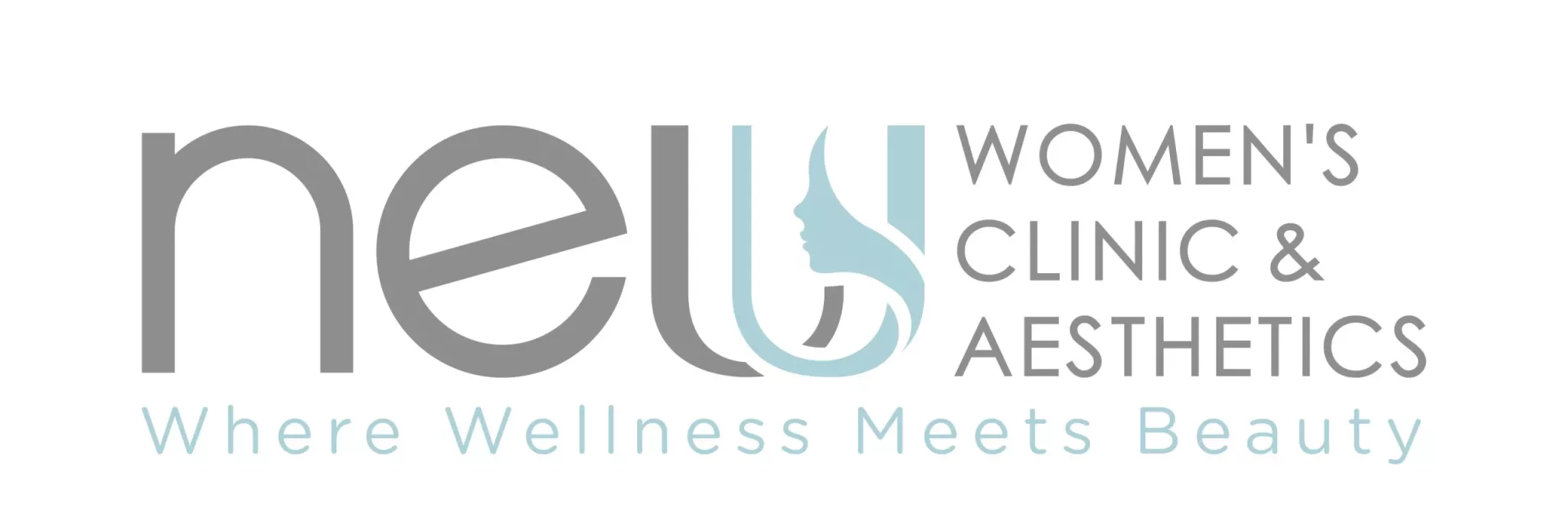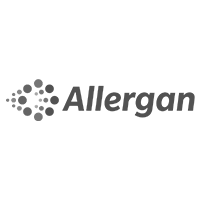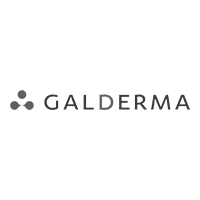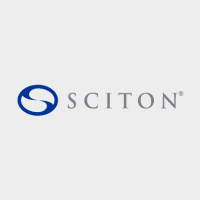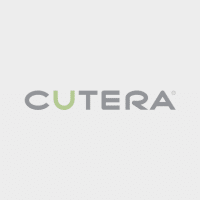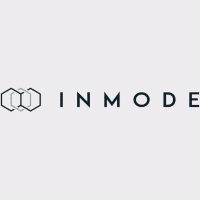
With the advent of digital platforms and tools, healthcare delivery has transitioned from being predominantly patient-centric to patient-experience-centric. This implies that while the core of healthcare remains addressing health issues, there’s an increasing emphasis on the overall experience surrounding it. Every touchpoint matters in a patient’s journey, from initial consultations to discharge processes, from medical treatments to post-operative care. This experience-centric shift has led to the exploration of various tools and technologies that were once confined to other sectors, one of which is Customer Relationship Management (CRM).
In many ways, the patient deserves personalized attention, smooth communication, and seamless service. Post-operative care, in particular, stands out as a phase where the nuances of the patient experience can significantly influence outcomes. Patients often feel vulnerable and anxious and need precise guidance during this phase. An oversight or a delay in communication can lead to feelings of neglect, complications in recovery, and, in some instances, serious health repercussions.
Enter the realm of CRM — a tool that, while traditionally aligned with sales and marketing domains, offers promising solutions to the challenges faced in post-op care. In the healthcare context, CRM doesn’t just manage relationships; it has the potential to redefine and enhance them. By bridging communication gaps, offering timely interventions, and personalizing care, CRM systems could be the game-changer in elevating post-operative patient experiences. In this article, we delve deep into how CRM can revolutionize patient follow-up and post-operative care, ensuring both health and satisfaction go hand in hand.
What is CRM in Healthcare?
CRM, or Customer Relationship Management, is fundamentally about managing interactions. In a business context, these interactions primarily involve customers and potential clients, whereas, in healthcare, they revolve around patients, their families, and sometimes even broader communities. The aim is consistent across both realms: to foster better relationships, streamline operations, and create a more personalized experience.
CRM is not merely a digital tool or a software platform in healthcare. It’s a holistic approach that merges technology with healthcare delivery to enrich patient experiences and improve outcomes. This involves harnessing vast amounts of patient data — from medical histories and test results to personal preferences and feedback — and organizing it cohesively.
The immense power of CRM in healthcare lies in its ability to centralize this data, making it easily accessible to medical professionals at any point in the care process. It’s about proactively managing patient interactions, whether sending out appointment reminders, tailoring health advice, or identifying patients at risk of chronic conditions based on their health data.
Moreover, as healthcare increasingly embraces a preventative model, CRM systems play a pivotal role. They help identify patterns, predict patient needs, and facilitate early interventions. The end goal? An integrated care approach where every patient feels recognized, understood, and, most importantly, well-cared for in an efficient and empathetic system.
Benefits of CRM in Post-Op Care
1. Personalized Patient Communication: CRM systems can segment patients based on their specific surgical procedures, post-op needs, or complications. This allows for tailored communication strategies, ensuring patients get the correct information and follow-up care suited to their needs.
2. Automated Reminders: Missed appointments or delays in post-op care can lead to complications. With CRM, automatic reminders can be set up for patients and providers, ensuring timely check-ins and follow-ups.
3. Centralized Data: A CRM centralizes all patient data, from personal details to treatment history. This gives healthcare providers a comprehensive view of the patient, aiding in informed decision-making during follow-up care.
4. Addressing Feedback and Concern: A CRM system can also be a feedback portal. Patients can quickly report concerns or issues post-op, ensuring they are handled promptly and reducing the risk of complications.
5. Educational Content Distribution: The recovery process often requires patients to follow specific guidelines or exercises. A CRM can automate the process of sending relevant informational content, videos, or instructional guides post-surgery.
Implementation Strategies for CRM in Post-Op Care
1. Needs Assessment: Before implementing a CRM, healthcare institutions should identify the specific needs of their post-op care system. This can be achieved through surveys, patient feedback, and analyzing current pain points in the follow-up process.
2. Integration with Current Systems: CRM systems should be integrated with existing electronic health records (EHR) and hospital management systems for practical use. This ensures seamless data transfer and minimizes redundancy.
3. Training and Development: The healthcare staff must understand the full capabilities of the CRM. Regular training sessions should be conducted to ensure they can effectively leverage the system.
4. Patient Education: Patients should be informed of the new system, its benefits, and how it will impact their post-operative care. This can be achieved through informational pamphlets, emails, or during pre-op consultations.
Optimizing CRM in Healthcare: Best Practices
Utilizing a CRM system to its full potential in healthcare demands more than just its implementation. Adhering to best practices ensures that CRM serves its core purpose of enhancing patient care and experience.
· Patient-Centric Customization: While generic CRM platforms can offer basic functionalities, healthcare CRM should be tailored with features that cater to specific patient needs. This includes customizable templates for patient communications, easy access to patient health histories, and specific modules for chronic disease management.
· Regular Data Audits: Ensure that the data within the CRM remains up-to-date and accurate. Regular audits can identify discrepancies, outdated information, or areas where additional data might be beneficial.
· Feedback Mechanisms: Incorporate avenues within the CRM for patients to provide feedback. This feedback can be invaluable in understanding areas of improvement, gauging patient satisfaction, and making informed adjustments to care protocols.
· Collaborative Features: The CRM should facilitate accessible communication and collaboration between different healthcare professionals. A multi-disciplinary approach to patient care can be seamlessly managed with features that allow specialists to share insights, updates, and treatment recommendations.
· Monitor Performance Metrics: Utilize the CRM’s analytics capabilities to monitor key performance metrics. Whether it’s patient follow-up rates, feedback scores, or frequency of communication, these metrics can offer actionable insights into the effectiveness of patient care strategies.
Conclusion
Improving patient follow-up and post-op care is crucial for patient satisfaction, minimizing complications, and ensuring optimal recovery. Integrating CRM systems in this process offers a promising avenue for healthcare providers to enhance the quality of care.
Experience Growth99’s robust CRM solutions, and you’ll soon find you made the right choice! Book a free consultation to learn more about our expertise!






